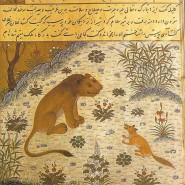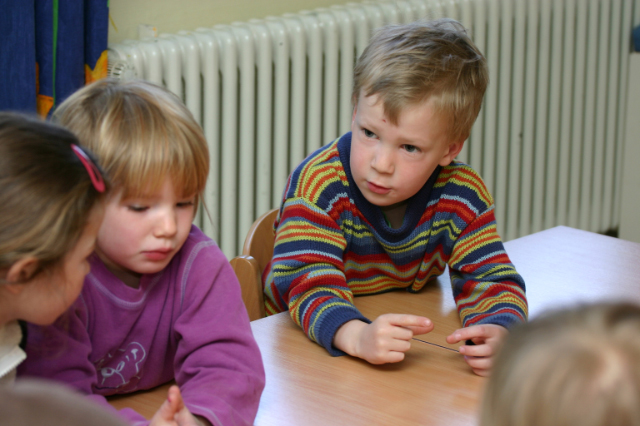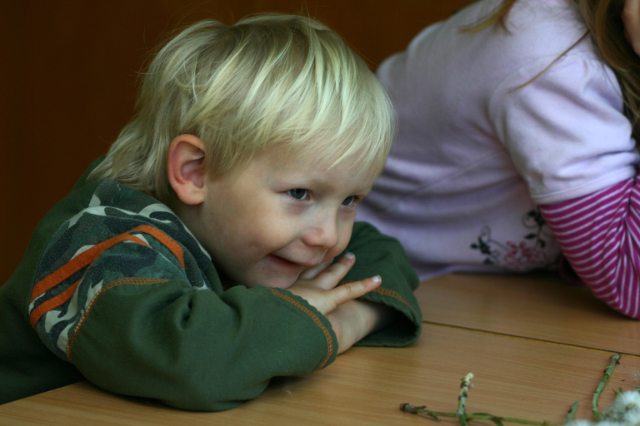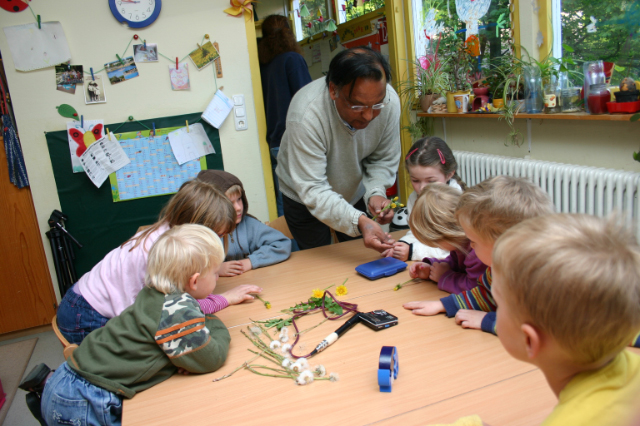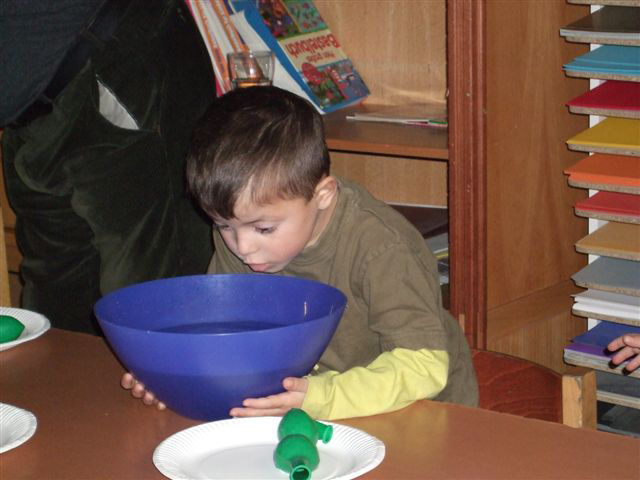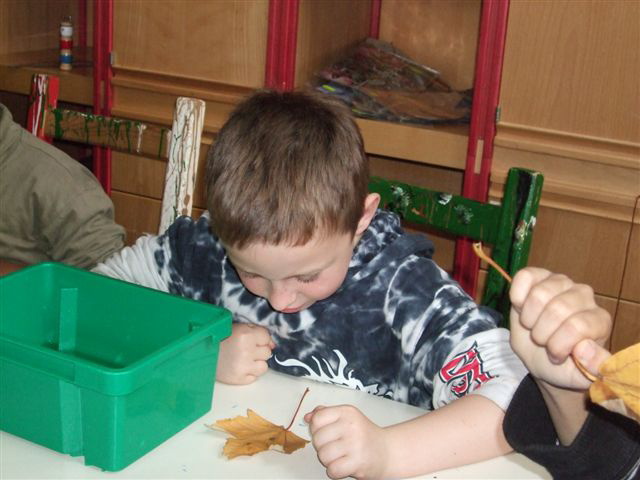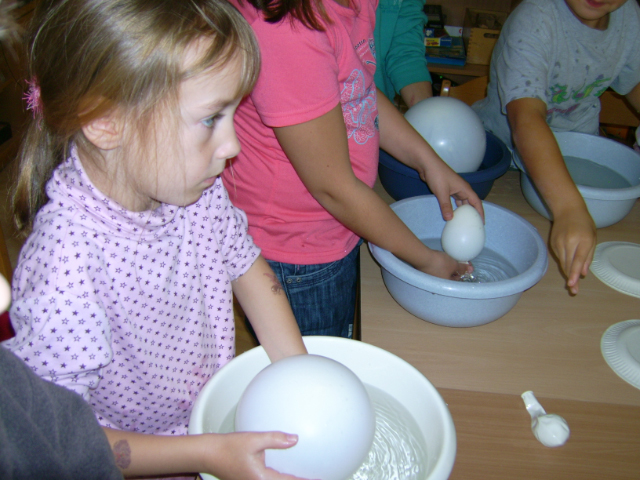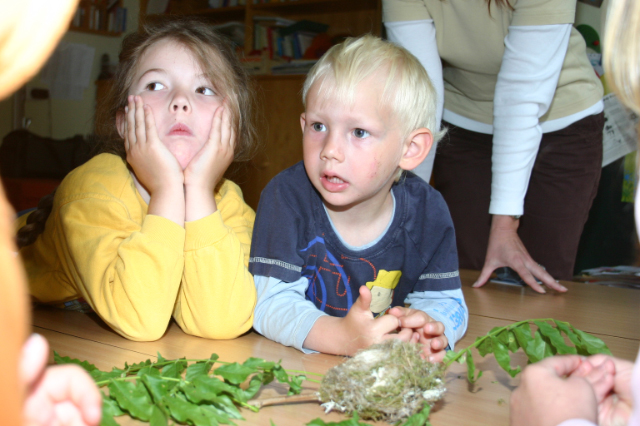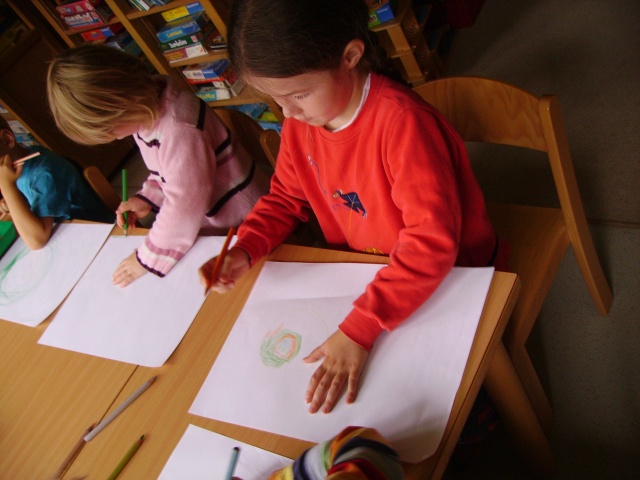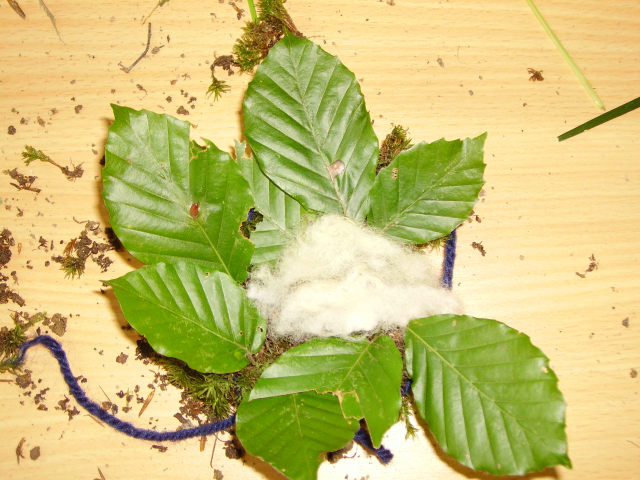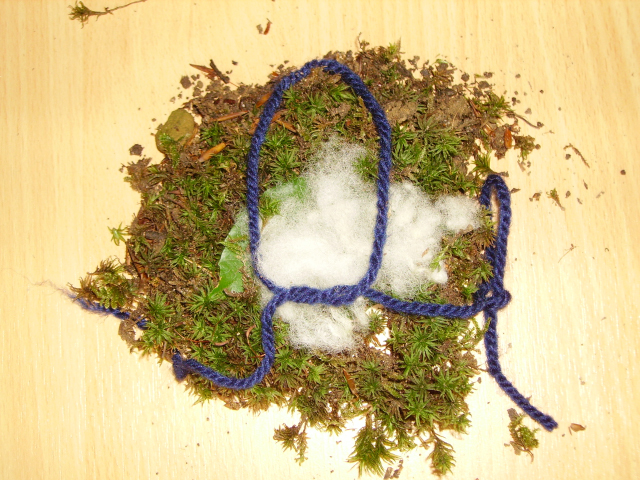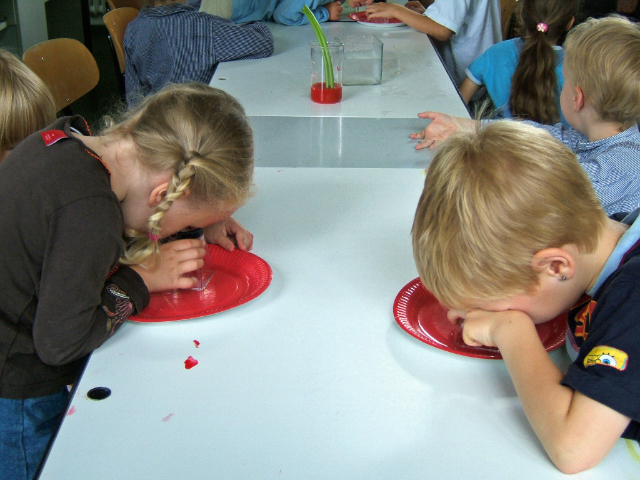22Mar/11Off
The Enigma of Science Education
Chapters: | Previous | 1 | 2 | 3 | 4 | 5 | Next |
Knowledge: A process of invention and creation
(Brown, A.L.; Bruner, J.S. ; Carey. S.; Gelman, R.; Goswami, U.; Piaget. J.)
Researchers in the field of cognitive science have made valuable contributions to our understanding how children acquire knowledge:
- The acquisition of knowledge is not considered as a set of facts and skills that can be imparted on the child.
- Children come to school already with representational structures that allow them to build up and test their own theories about the environment and thereby construct their own knowledge.
- Children are in a position to learn independently, they are born researchers and inventors in the sense that they are capable of learning and doing research with enthusiasm. Very young children can form hypothesises and theories. It is vitally important to find out how these competencies inherent in children can be developed.
- Young children can differentiate between properties of natural and artificial kind. They can assume that events are caused and can search for the mechanism determining the cause.
Children have strategic repertoire to construct ideas
(Brown, A.L.; Karmiloff-Smth, A; Vosniadou, S)
- When children start primary school they have already developed into individuals with their own ways of coping with problems. Their linguistic and conceptual competence is evident. Lesson planning is, however, less successful if one prerequisite is missing, namely what knowledge conceptions the learners already have about the things to be learnt. This knowledge determines the process of integrating new ideas.
- We know that children’s conceptions of natural phenomena mostly differ from the scientific interpretation. On the other hand a genuine understanding of natural science can only be reached if children get the opportunity to reconstruct their prescientific conceptions. This process is discouraged if children are exposed to a learning environment which is basically dominated by the ideas of the teacher.
Understanding needs communication
(Vygotsky. L.; Johnson, R. T; Johnson, D.W.; Slavin, R.; Kagan, S.)
- Learning environment facilitating cooperative learning in groups consisting of children of different age and talent help children to express their individual understanding of phenomena and also compare their ideas with those of others. The concepts of collaborative learners become gradually more refined and thus foster learning at higher levels of thinking.
Chapters: | Previous | 1 | 2 | 3 | 4 | 5 | Next |
Related Posts
